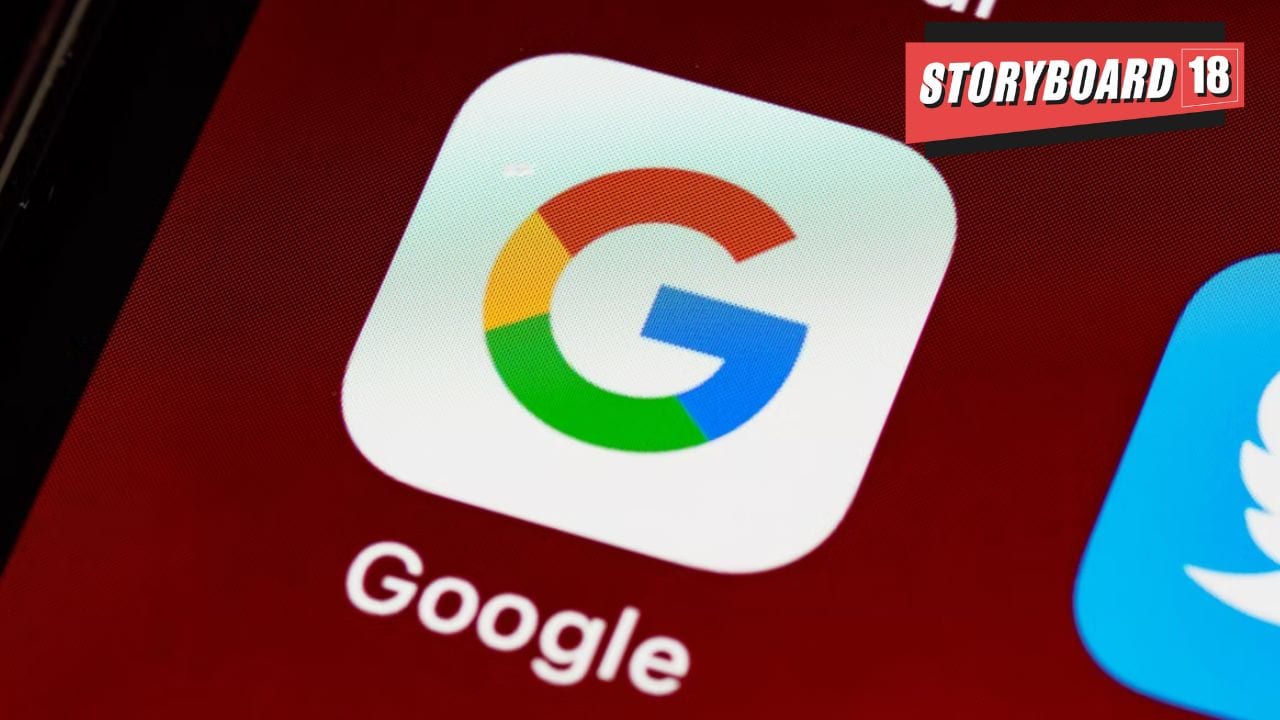Google’s transformation from a simple search tool to a global tech leader is truly remarkable. Since its launch in 1998, Google has revolutionized information access with its innovative PageRank algorithms, which prioritize the most relevant content for users. This advancement elevated search from a basic utility to a powerful tool that delivers precise and timely information. Over the years, Google has evolved beyond merely providing search results; it has become a crucial component of the purchase journey, guiding users from discovery to decision-making.
As search engines increasingly serve as the entry point for online activities, Google’s dominance has solidified across various industries. Whether users are seeking product reviews, comparing prices, or finding service recommendations, Google is often their go-to resource for informed decisions. Its deep integration into daily life has made Google a pivotal player in shaping digital interactions and consumer behaviours. By consistently connecting people with the right information, Google has established itself as an essential element of modern life.
However, this dominance has also drawn significant scrutiny. In 2017, the European Union fined Google €2.42 billion for antitrust violations concerning its Google Shopping service. The EU accused Google of using its dominant search engine to unfairly promote its own shopping platform over rival comparison services. This action was seen as anti-competitive, limiting consumer choice and hindering competitors by making their services less visible. The fine marked the beginning of a larger crackdown on Big Tech, as regulators sought to rein in the power of companies like Google.
On September 12, 2023, Google, a subsidiary of Alphabet, lost its final appeal against the €2.42 billion fine. The European Union’s Court of Justice upheld the decision, concluding a lengthy legal battle and affirming that Google had indeed violated antitrust laws.
Google expressed disappointment with the court’s ruling, stating that it had already made changes back in 2017 to comply with the EU’s decision. One of these changes was the introduction of a system where competitors could bid for spots in shopping search results alongside Google. The company claims this approach has successfully driven traffic to rival services over the years. However, consumer groups and regulators argue that Google’s practices unfairly stifled competition and restricted consumer access to better deals and alternatives.
This case highlights a broader regulatory push to address the market dominance of Big Tech companies, especially those operating in digital advertising, mobile operating systems, and online platforms. Google continues to face legal challenges worldwide, with other antitrust cases still pending in the EU and the U.S. In fact, Google is currently involved in a U.S. federal antitrust trial, where the Department of Justice has accused the company of monopolizing the online ad tech market. The U.K. has also initiated an investigation into Google’s advertising practices, underscoring the growing global concern about its influence on the market.
On September 10th, 2024, Google lost its final legal challenge on Tuesday against a European Union penalty for giving its own shopping recommendations an illegal advantage over rivals in search results, ending a long-running antitrust case that came with a whopping fine.
This ruling is one of three significant penalties imposed on the company by the EU over the past decade, with other cases involving Google’s Android operating system and its AdSense advertising platform.
We are entering a new era of search where Google’s dominance is being challenged by the rise of answer engines. As search evolves, users are shifting from traditional PageRank-based searches to platforms that provide direct, actionable information. This transition reflects a growing demand for precise answers over mere links, marking a significant change in how people interact with search technologies.
Despite these challenges, Google’s contributions to the digital world remain unparalleled. It has transformed the way we search, shop, and interact with information, leaving an indelible mark on our daily lives. While its business practices face scrutiny, there is no denying the revolutionary impact Google has had on the internet and its ongoing role in shaping the future of digital technology.
Shubhranshu Singh is the vice-president and chief marketing officer, Tata Motors. Views expressed here are personal.
